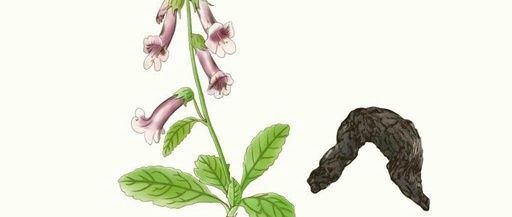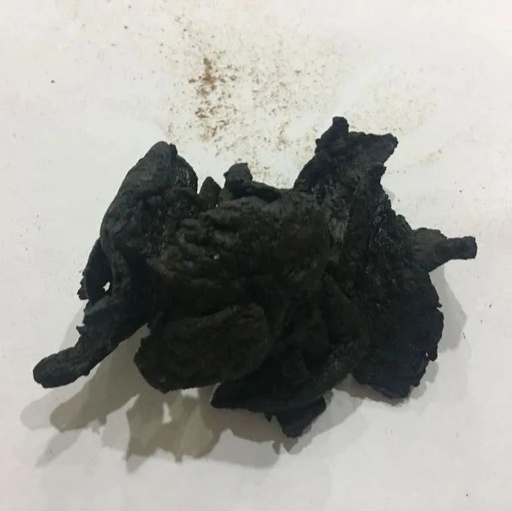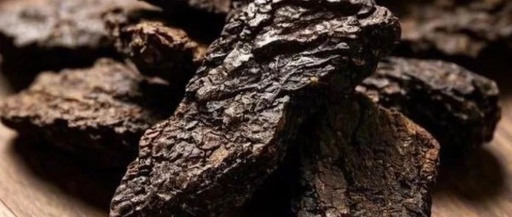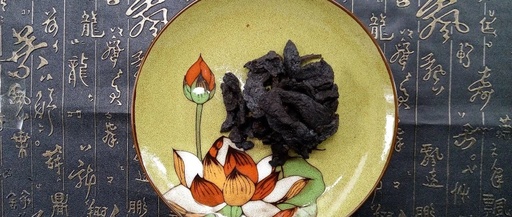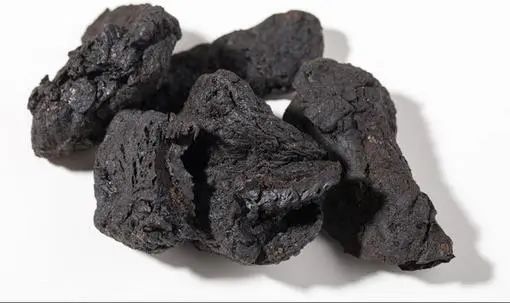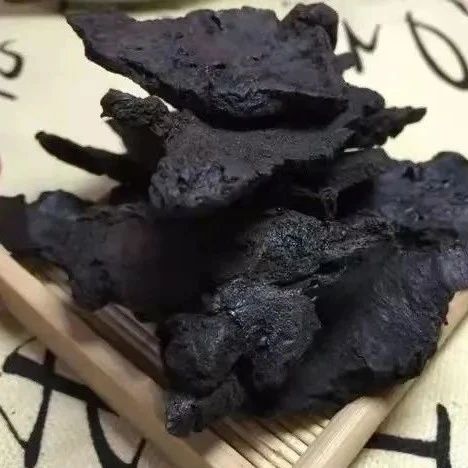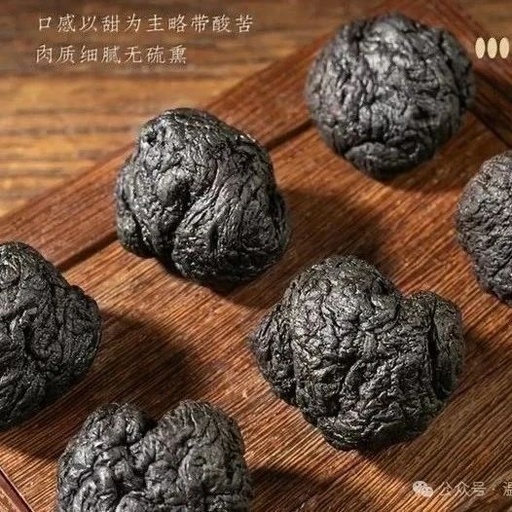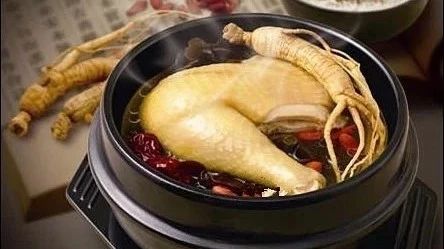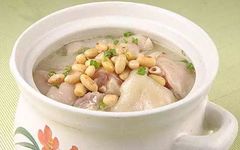Shudihuang (Rehmanniae Radix Praeparata): Properties, Preparation, and Applications
Shudihuang Shudihuang REHMANNIAE RADIX PRAEPARATA 【Source】This product is a processed form of raw Rehmannia (Sheng Di Huang).【Preparation】(1) Take raw Rehmannia and stew it with rice wine according to the stewing method (Standard 0213) until the wine is fully absorbed. Remove it, and let it dry until the outer skin’s mucilage is slightly dry, then cut … Read more


